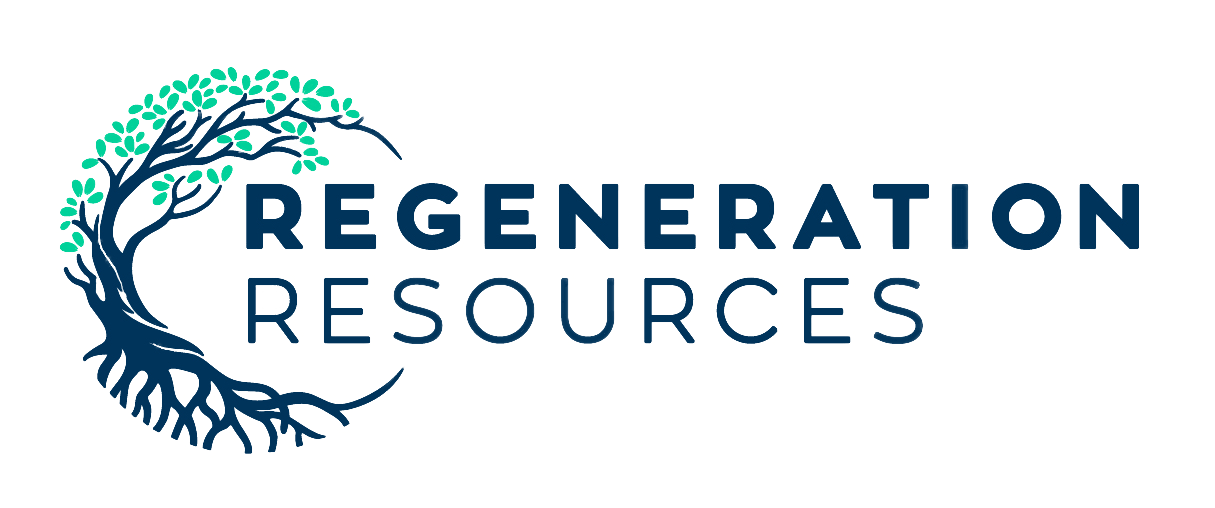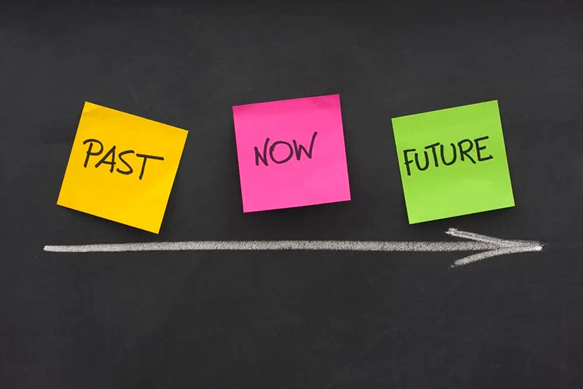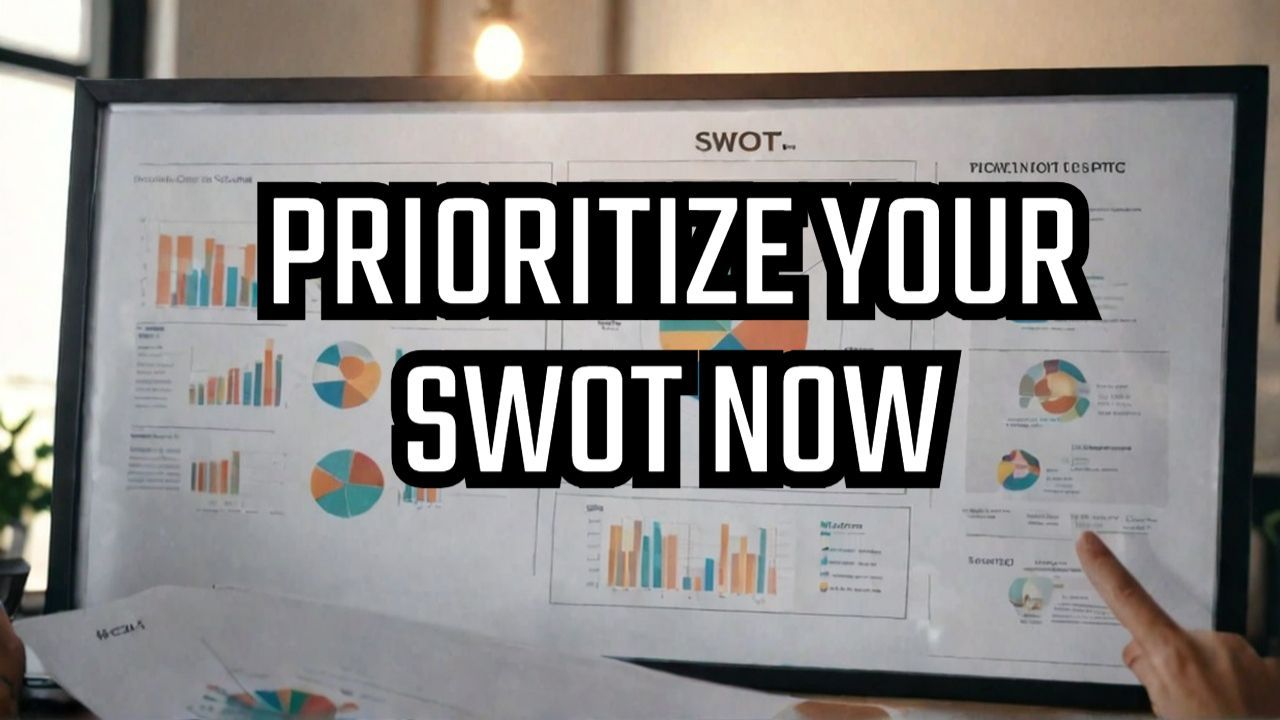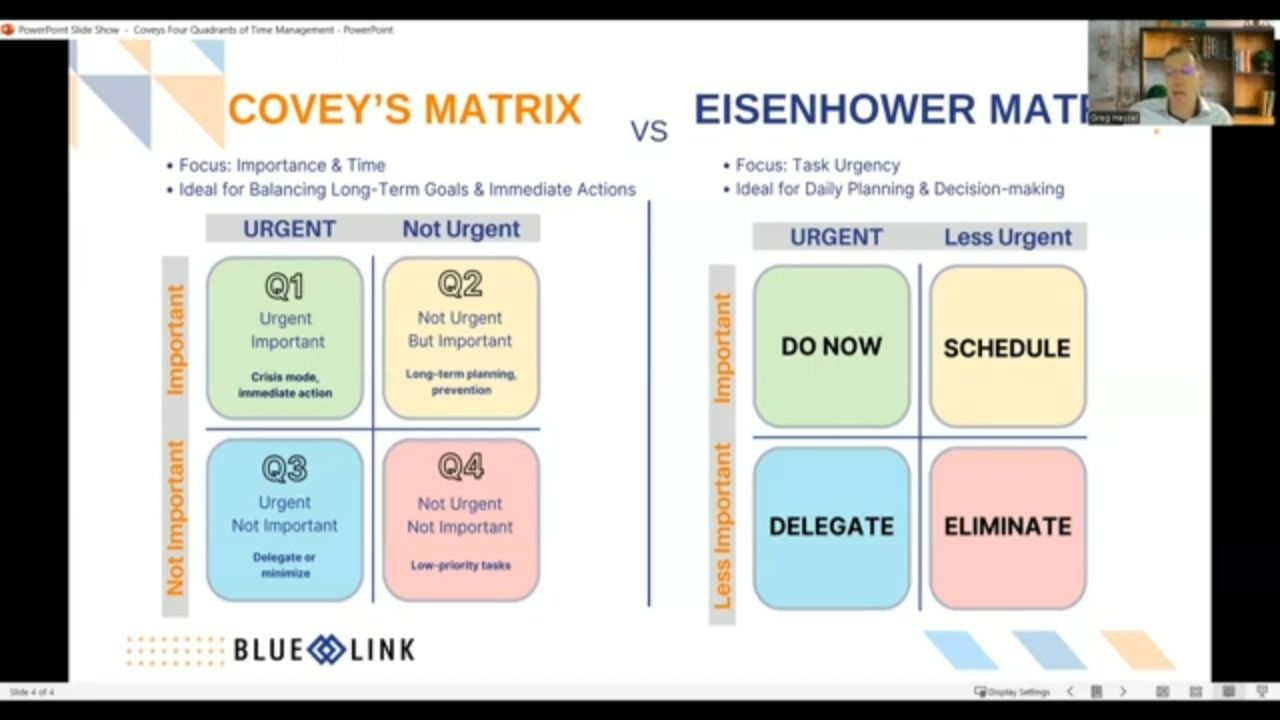Emotional Intelligence as a Key to Conflict Management
How EI helps Resolve Conflict
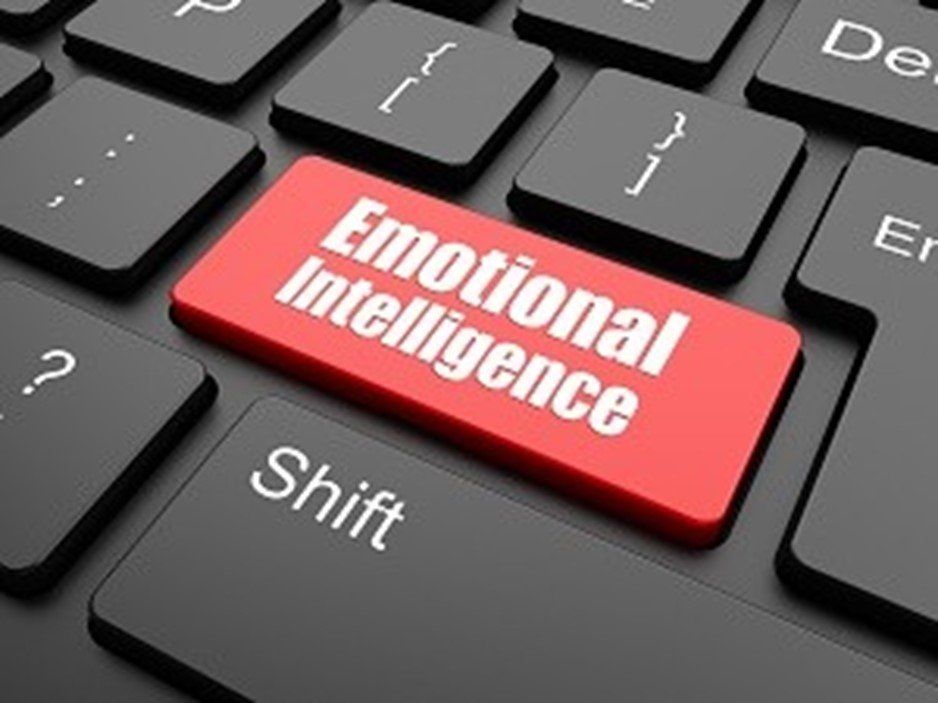
Because emotions often drive conflicts and affect how we both perceive and act, it is critical to gain some control over them. If we do not want to be a slave to our emotions, the first step is to become aware of what we are feeling.
Many of us were strongly discouraged from being in touch with our feelings when we were growing up. When young boys cry, they are told, “It’s all right”, or “Big boys don’t cry”. Young girls are strongly discouraged from showing anger. We learn to bury many of our feelings from the time we are infants.
Louise Senft writes that “self-awareness allows us to be aware of the emotions that stimulate our impulses, enhancing our ability to decide appropriately what to do with such impulses. If we do not develop self-awareness, we are at the mercy of our impulses.” If we want to respond in a thoughtful way, and not react, we must first recognize and acknowledge what is driving us to react.
The next time you are in a difficult conversation ask yourself “What feelings are associated with the situation? Anger? Sadness? Embarrassment? Fear? Jealousy? Frustration? Try to name the full spectrum of emotions. Sit with the feelings a while and try to make peace with them. As uncomfortable as they might feel, reacting to them seldom makes them go away. Rather, our reactions hurt others and start a cycle of pain that we can only break by having the courage to be aware without reacting.
See other blogs/vlogs on Conflict Resolution
Every few months I produce a free newsletter. No Spam. Unsubscribe anytime.
For a taste, view the archives
SUBSCRIBE
Blogs and vlogs are sorted by topic at the bottom of each service page
STRATEGIC PLANNING
CHANGE MANAGEMENT
CONFLICT MANAGEMENT
TEAM BUILDING
ASSESSMENTS
EXECUTIVE COACHING
IMPROVING EFFICIENCY
BOARD DEVELOPMENT
